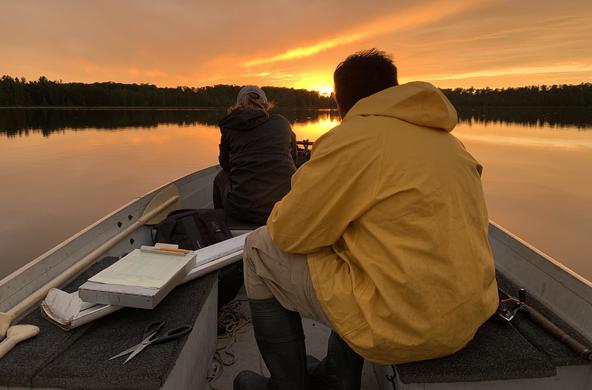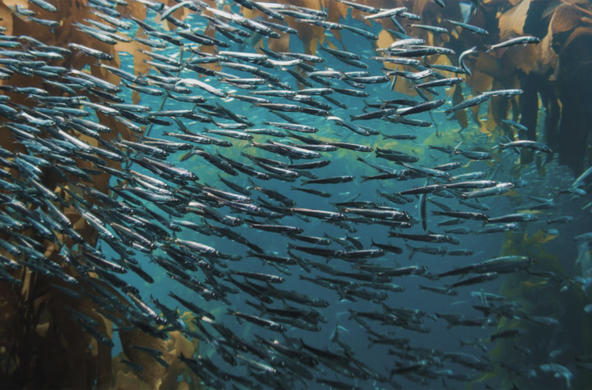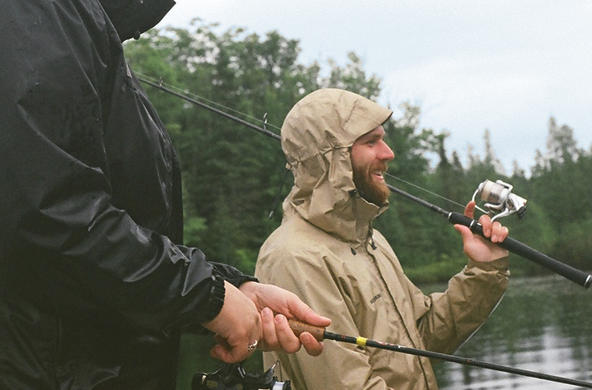Each year, nearly 50 million people in the US cast a line in hopes of reeling in a fish.
The collapse of marine fisheries is a hot topic, but recreational freshwater fisheries are also in trouble. In the US, overfishing, pollution, development, climate change, and invasive species threaten a beloved pastime and 25 billion dollar industry.
Managing sustainable fisheries is challenging because fishery health relies on multiple stakeholders – including resource users and managers – all operating within a changing environment.
We are working to identify the hallmarks of sustainable recreational fisheries.
Exploring how social and ecological factors shape fisheries. FishScapes is a four-year project based in northern Wisconsin, looking at the ways that people and nature influence fisheries. By surveying anglers, lake managers, lake conditions, and fish populations – we are identifying fishery management strategies that work.
Investigating ecological processes in lakes. Disturbances like shoreline development can compromise lake health. By monitoring fish populations, water chemistry, and nutrient cycling, we are revealing how fish are responding to environmental changes and gaining insight on how we can mitigate harmful impacts.
Shared resources, like fisheries, are notoriously difficult to manage. Navigating property rights, governmental regulations, and resource users can be daunting, but doing so is the only way to reveal how fisheries work and identify pathways to sustainability.
– Christopher Solomon



